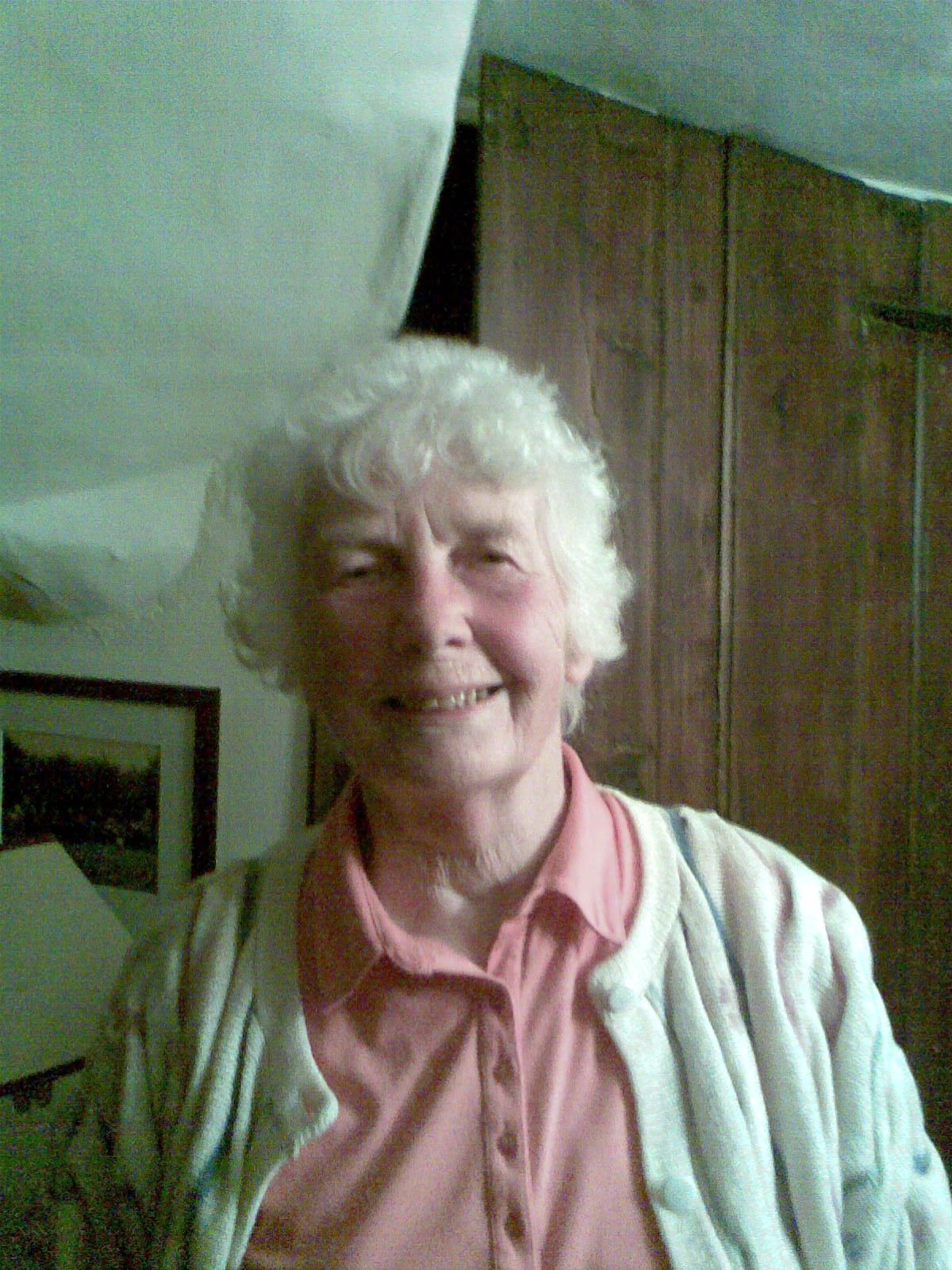I discovered some time ago that my wife and I use stories in quite different ways and to serve rather different ends. For my wife and her family the main purpose of a story is to convey facts. If one of her family begins a story with “Do you remember last Tuesday when we went for a trip to the National Trust gardens in Kent?” they had better be very confident of the facts of their story. Otherwise it will be swiftly “deconstructed”. “No. It wasn’t last tuesday, it was last Wednesday. I know that because last Tuesday we had our boiler repaired and I had to stay home all day”. “And,” someone else will chime in, “it wasn’t Kent because they had floods and we couldn’t get there.” “That’s right, ” somebody else will say ” it was last Wednesday and it was English Heritage because the National Trust property didn’t open on Wednesday.” As you can imagine in my wife’s family one learned to get one’s facts correct before risking a story!
By contrast my family used stories in a different way. The “facts” always served secondary purpose. nobody particularly minded which day a given event took place. Nor even where. Stories were to illustrate someone’s character. Or how V.W.’s were less reliable than Ford. The whole infrastructure of “facts” were less important than the point they were being used to make. These two different mind sets took us both a long time to get used to. I accused my wife’s family of needless pedantry whilst she accused mine of a wilful disregard for the facts!
We are, of course, both right. And both wrong. As a counsellor and a lecturer I hear many stories from my patients and my students. I remember my early days as a lecturer talking to a class of thirty students about schizophrenia. After about ten minutes a student put up their hand and asked “Terry. Do you think schizophrenia is caused by demon possession?” I was very unsure what to say. I had a view which did not include demons. Yet I did not want to crush my student. We both had stories about the origins of schizophrenia. My task was to allow him to explore and tell his story. And to value his experience whilst finding a way of suggesting that demonic possession was not the most helpful model to use in clinical practice.
C.S. Lewis in his novel “Out of the Silent Planet” has one of the characters, Ransom, comment “It even occurred to me that the distinction between history and mythology might be itself meaningless outside the Earth.” In my counselling work “”facts” are, of course important. Did my patient hit her husband? Was my patient drunk and was he arrested by the police? Did my patient steal from Asda? These are facts and they are important to the work. But the more important questions then follow. “Why did you hit your husband?” “Why did you get so drunk?” “Why did you steal from the supermarket?” The back story-and a particular kind of truth-then begin to emerge. History and mythology can join hands and support each other rather being in competition.
Don't give up








